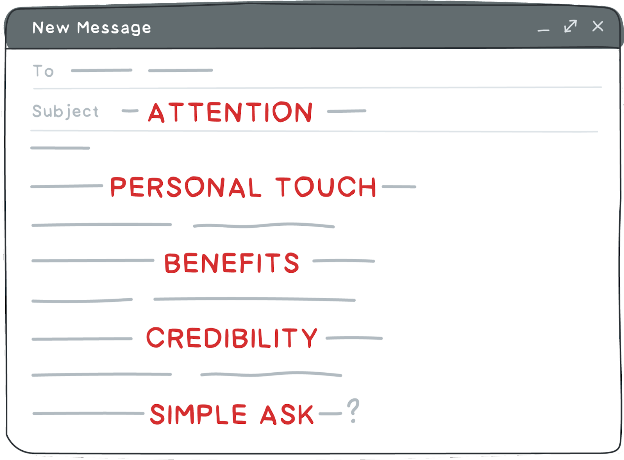
Taylor Swift is worth ~$400M.
She's among the top-earning women in music and the richest singers in the world.
Her secret? Great writing skills.
Here are her top 6 tactics for memorable writing:
She's among the top-earning women in music and the richest singers in the world.
Her secret? Great writing skills.
Here are her top 6 tactics for memorable writing:

1. Write with someone in mind.
When Taylor writes a song, she thinks of the person who inspired it (not her fans).
By catering your writing to a super specific audience, you make it more relevant and relatable.
Warren Buffett does something similar:
When Taylor writes a song, she thinks of the person who inspired it (not her fans).
By catering your writing to a super specific audience, you make it more relevant and relatable.
Warren Buffett does something similar:

2. Share your own personal stories.
There's plenty of great storytellers out there.
What makes Taylor stand out? She tells her own stories.
For years, she's been extremely transparent and vulnerable in her writing.
That's how she created such an intimate bond with her fans.
There's plenty of great storytellers out there.
What makes Taylor stand out? She tells her own stories.
For years, she's been extremely transparent and vulnerable in her writing.
That's how she created such an intimate bond with her fans.
3. Share your writing with a close circle of friends.
We're too close to our writing to be able to judge it objectively.
The solution?
Honest feedback (ideally from your target audience).
Find people who care enough about your work to tell you what they really think.
We're too close to our writing to be able to judge it objectively.
The solution?
Honest feedback (ideally from your target audience).
Find people who care enough about your work to tell you what they really think.
4. Use rhetorical devices.
This is why Taylor's songs are so catchy.
Famous orators and poets have been using rhetorical devices for centuries.
They work.
Here’s a list full of examples you can steal from Taylor's lyrics:
This is why Taylor's songs are so catchy.
Famous orators and poets have been using rhetorical devices for centuries.
They work.
Here’s a list full of examples you can steal from Taylor's lyrics:
https://twitter.com/chrtucci/status/1328405825463873536?s=20
5. Above all rhetorical devices, use metaphors.
They make abstract ideas easy to understand.
Taylor uses them a lot to talk about feelings and relationships.
But you can leverage their power no matter your subject.
This is a legendary example:
They make abstract ideas easy to understand.
Taylor uses them a lot to talk about feelings and relationships.
But you can leverage their power no matter your subject.
This is a legendary example:
6. Write for yourself first.
Taylor writes her songs as journal entries.
And she'd keep writing even if nobody read them.
That's why she's kept at it even after being canceled.
The lesson?
Write selfishly.
Follow your curiosity and be intellectually self-indulgent.
Taylor writes her songs as journal entries.
And she'd keep writing even if nobody read them.
That's why she's kept at it even after being canceled.
The lesson?
Write selfishly.
Follow your curiosity and be intellectually self-indulgent.
That's it guys!
If you enjoyed this thread, RT the 1st tweet and give me a follow @dbustac.
I write interesting and useful threads 3-5 per week.
If you enjoyed this thread, RT the 1st tweet and give me a follow @dbustac.
I write interesting and useful threads 3-5 per week.
Taylor Swift's writing secrets:
1. Write with a person in mind
2. Tell your own personal stories
3. Share your writing with close friends
4. Learn to use rhetorical devices
5. Above all, use metaphors
6. Write for yourself first
1. Write with a person in mind
2. Tell your own personal stories
3. Share your writing with close friends
4. Learn to use rhetorical devices
5. Above all, use metaphors
6. Write for yourself first
• • •
Missing some Tweet in this thread? You can try to
force a refresh






